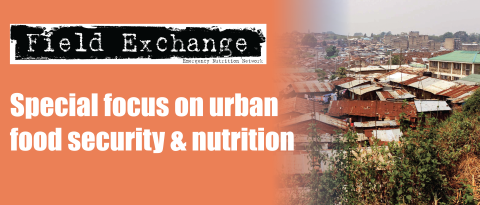Ensuring Access to Health Care: Operational Guidance on Refugee Protection and Solutions in Urban Areas

In 2011, the Public Health and HIV (PHHIV) section of UNHCR produced an operational guidance for public health programming in urban settings for refugees and asylum seekers (henceforth referred to as refugees). It provides practical guidance for UNHCR country programmes to advocate for and facilitate access to (and when necessary provide and/or support) quality public health services for refugees equivalent to those available to the national population. It draws on best practices and illustrative examples from cities and towns from UNHCR operations and can be adapted according to differing contexts. ‘Public health’ concerns both preventive and curative health and nutrition services.
The operational guidance recognises that the public health role of UNHCR is more complex and less well defined in non-camp settings, where there are multiple health service providers in cities including state, private and local and international non-governmental organisations (NGOs). It states that UNHCR staff also engage in multi-sector, multi-agency mechanisms that address the underlying causes of vulnerability and ill health of the urban poor including refugees. Specific safety nets may need to be supported by UNHCR to support refugees most in need and to improve their economic potential.
The guidance elaborates a three pronged approach - advocacy, support, and monitoring & evaluation. UNHCR advocates on behalf of refugees to ensure that authorities make public services including health services available at similar or lower costs to that of nationals. UNHCR supports and facilitates integration into, and strengthening of, the national public health system. This may include direct funding or indirect support via partners. UNHCR assesses, monitors, and evaluates the health, nutritional, educational and economic status of refugees, ensuring needs are met in line with accepted standards and that quality services are available and accessible.
Nine key principles underlie the strategy: access, integration, equity, prioritisation, rationalisation, partnerships, participation, communication and evidence based decision-making.
UN High Commissioner for Refugees (UNHCR), Ensuring Access to Health Care: Operational Guidance on Refugee Protection and Solutions in Urban Areas, 2011, available at: http://www.refworld.org/docid/4e27d86 22.html [accessed 16 September 2013]. Available in English, French and Spanish.
Imported from FEX website


